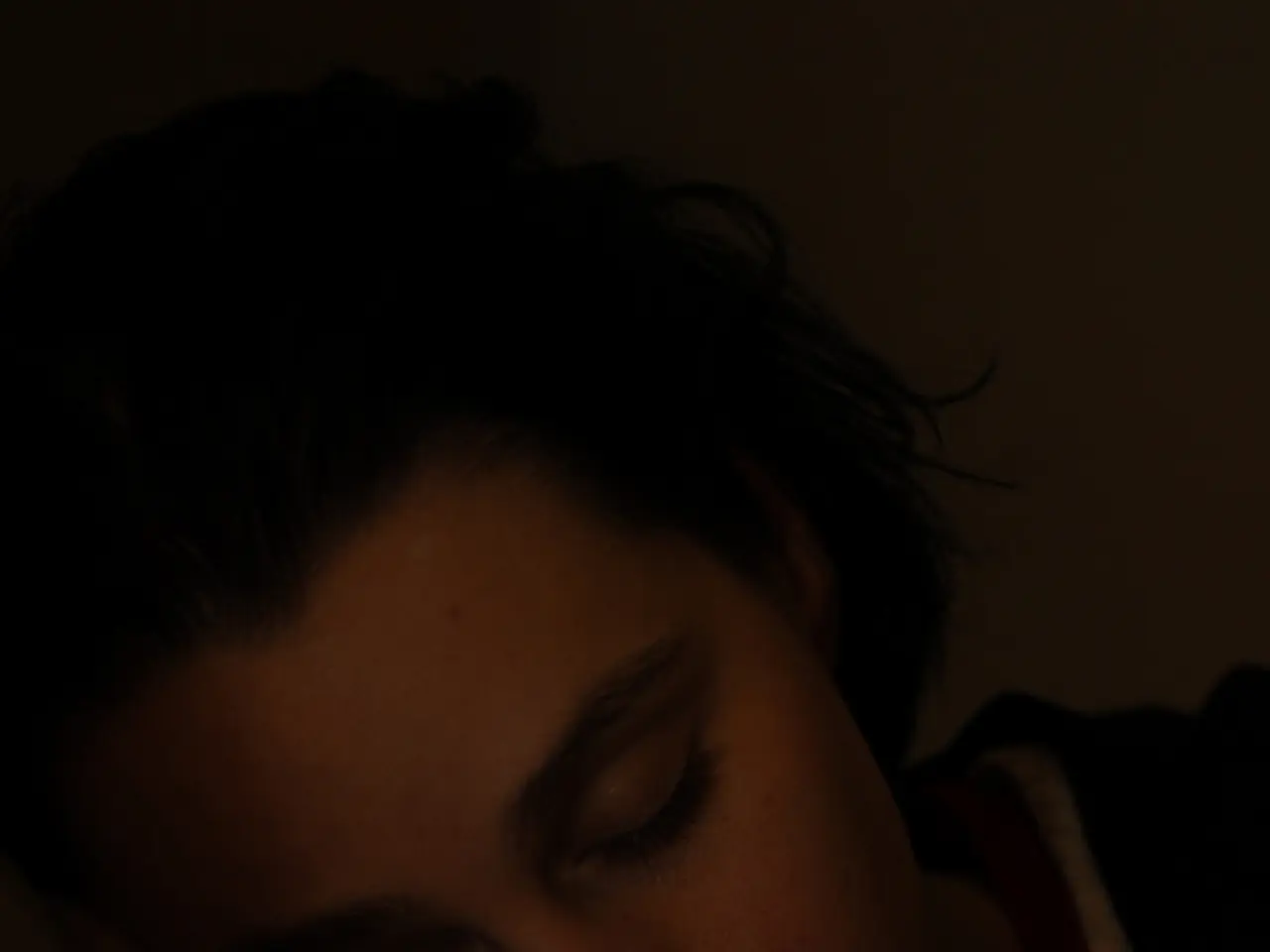The Intriguing Difference in Recollection of Dreams Among Individuals: Some Clearly Remember Them, while Others Forget Them Rapidly
In a groundbreaking four-year study, researchers have delved into the fascinating world of dream recall, tracking the sleep patterns and dreams of 217 healthy adults. The comprehensive dataset, an unprecedented endeavour in the field, has shed light on several intriguing findings.
Firstly, the study has revealed that the connection between daydreaming and dream recall involves the same cognitive processes. Frequent daydreamers, it seems, are champion dream rememberers. This heightened dream awareness, however, doesn't necessarily translate to better content memory.
Secondly, the difference between people who remember dreams and those who don't isn't random. It's predictable, as it relates to mental patterns and sleep characteristics. For instance, younger people generally recall more detailed dream narratives, while older adults are more likely to remember dreaming without retaining specific details. This reflects changes in memory processing and sleep architecture that occur throughout life.
The study also found that dream recall has little to do with dream content and everything to do with the dreamer's mental patterns and sleep characteristics. Environmental factors, such as light exposure, temperature, or seasonal mood changes, also influence dream memory formation, causing a significant decrease in dream recall during winter months compared to spring and autumn.
Vulnerability to interference, or how easily memories are disrupted by competing information, also plays a crucial role in dream content recall. The attitude towards dreams is the strongest predictor of dream recall. People who value dreams are significantly more likely to wake up remembering their nocturnal adventures.
The researchers employed a multimodal approach, examining everything from personality traits and mental habits to sleep architecture and seasonal variations. They identified three specific factors that determine whether a person remembers their dreams: external stimuli (such as sounds, smells, or physical sensations), sleep position, and certain factors that can disturb sleep, like stress, alcohol consumption, and certain foods or digestive issues.
Interestingly, people who remember dreams typically experience longer total sleep time combined with a lower proportion of deep sleep, maximizing time spent in lighter sleep stages where dreams are more likely to be remembered. The ability to recall dreams shows remarkable variation between individuals, and it isn't fixed-it fluctuates based on both internal and external factors.
This new understanding of dream recall could help people optimize their sleep environment and routines to enhance dream recall if desired. Dream recall might be trainable through practices that increase awareness of internal mental states, such as meditation, mindfulness exercises, or paying more attention to wandering thoughts during daily activities.
Understanding these patterns could also provide insights into sleep disorders and mental health conditions that affect dreaming. The study serves as a stepping stone towards a deeper understanding of the enigmatic world of dreams and dream recall.






